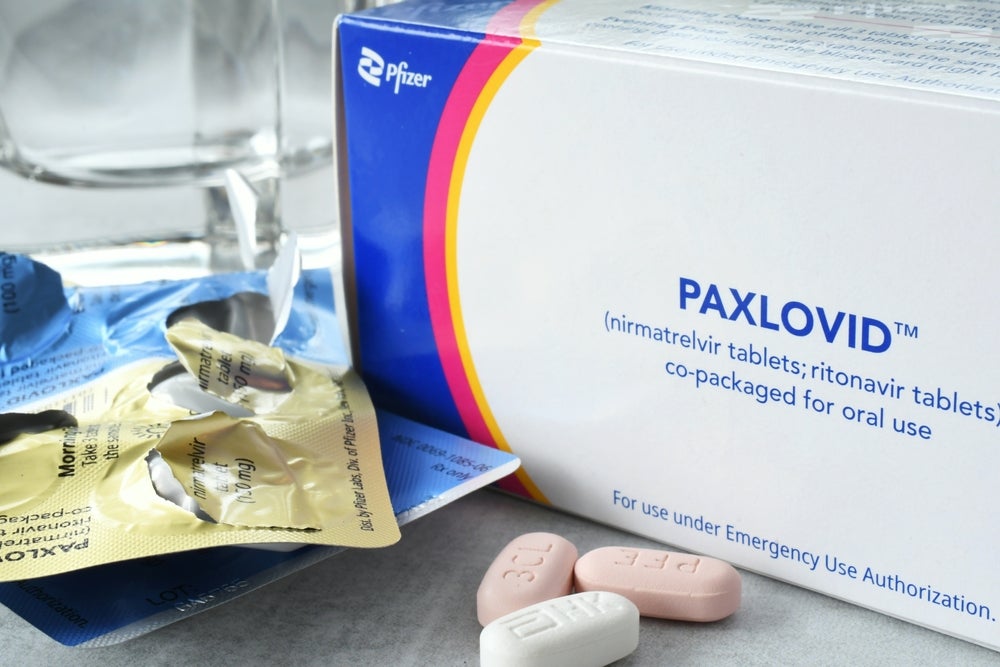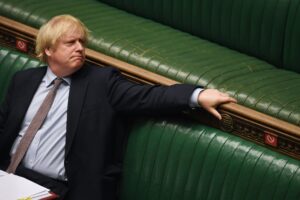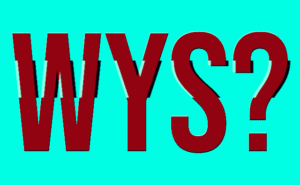
Dr. Anthony S. Fauci, director of the National Institute of Allergy and Infectious Diseases and a member of the White House Coronavirus Taskforce, addresses his remarks at a coronavirus update briefing Monday, March 16, 2020, in the James S. Brady Press Briefing Room of the White House / Official White House Photo by D. Myles Cullen
In politics, a white knight is an unexpected ally thataids another. In business, it is a friendly investor who rescues a company from a hostile takeover. In this pandemic, however, it may not be Big Pharma.
American and European pharmaceuticals are deep in the arms race against Sars-Cov-2 to procure a vaccine. Like the virus itself, funding is transcending borders to create a $135m collaboration between German BioNTech and Chinese Fosun, and a $250m stake in U.S. Vir by British GlaxoSmithKline. AstraZeneca has agreed to distribute the University of Oxford’s trial vaccine to participating members of Europe’s Inclusive Vaccines Alliance (IVA). Up to fifty-two candidate vaccines are being pre-clinically trialled, and the enlistment of academia and philanthropically-funded coalitions all help fraction the development time. So, what actually happens once they have a tested vaccine?
As the intellectual property (‘IP’) narrative goes, the profit incentive of patents enables beneficial innovations for society. Ownership of the exclusive right also absorbs the near $1bn R&D costs of creating a vaccine. This suggests any existing not-for-profit distribution deals can only be temporary. Notably, patents played a role in the fights against Ebola, SARS and H1N1. The Ebola vaccine was licensed to Merck for $50m. SARS gave rise to patent applications from the Centres for Disease Control, and HN1N1 gave rise to patents from GSK and Baxter Healthcare Corp. Only, this pandemic is distinct for two reasons.
The first is that it breaks down assumptions behind the incentive function of patents. With a global death toll exceeding 1,000,000 and testing the elasticity of the social contract fabric, there is no longer an incentive to innovate but a humanitarian imperative. Dwarfing the mortality rates of Ebola and H1N1, Sars-Cov-2 poses an aggressive threat to human health and an existential challenge to globalisation. The global exit-strategy hinges on an eventual vaccine, as do the fates of vulnerable demographics, services, supply chains and healthcare workers. According to Dr Siva Thambisetty, an expert of IP law at The London School of Economics and Political Science, “It is hard to imagine why a commercial incentive is necessary when the benefit in terms of lives saved far outweighs the economic utility of a profitable pharmaceutical. What the pandemic shows us is that humanitarian motives are rational, and we must devise a system that amplifies, rather than suppresses these.” Much like the thousands of suspect cases, the conceptual basis of pandemic patents must no longer go untested by the European authorities.
The second reason why this pandemic is patently different is the inequity to low-income countries. The transnational, winner-takes-all patent system created by The Agreement on Trade-Related Aspects of Intellectual Property Rights (‘TRIPS’) enforces patent-holders’ rights abroad, with a narrow carve-out in the Doha Declaration. This has enabled the British behemoth AstraZeneca to cash in $750m from its licensing deal with the Coalition for Epidemic Preparedness Innovations (Cepi) and Gavi, the Vaccine Alliance that immunises the world’s poorest children.
Subject to the discretion and definition of the patent-holder, however, in “public emergencies”, signatory states including Brazil, Malaysia, Pakistan, and the Philippines can request compulsory licences for their markets. Of course, they do not benefit from said inclusive membership of Eurocentric organisations like the IVA. But before they are legible to qualify for a compulsory license, they must prove an abuse of monopoly power – a legal and political improbability. Consequently, populous low-income countries not only lack medical resources to cope with the pandemic when it hits hardest, but financial resources to defend themselves – especially once adjusted for currency depreciation against the dollar.
Without funding from private creditors and the IMF, patent buy-outs are an unaffordable alternative. With funding, Big Pharma gets richer at the expense of emerging (and accumulating) distressed debt. One solution is suspending drug patents altogether, on the assumptions that Big Pharma absorbs all costs and simply acquiesces. The better solution, however, lies in expanding the Doha Declaration: reversing the burden of proof on the patent-holding state to prove why compulsory licences are not needed. Just like the advent of rent holidays for struggling companies, this Uno-reverse card offers licence holidays for struggling states.


